Oral history is a fascinating genre that captures the voices and experiences of people who lived through historical events or everyday life. Oral history books can offer insights, perspectives, and emotions that are often missing from traditional sources. If you are interested in oral history and want to learn more about the oral history field, here are a few great books you can read.
New Yorkers: A City and Its People in Our Time by Craig Taylor.
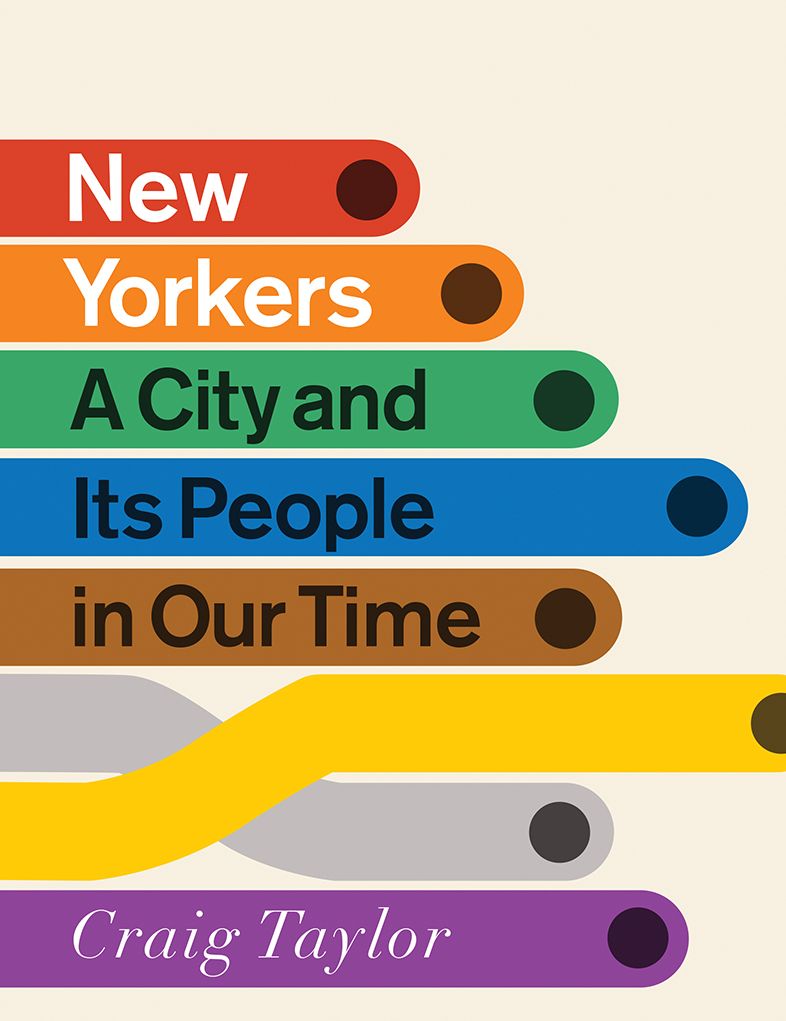
This book is a collection of interviews with over 200 New Yorkers from different backgrounds, professions, and neighborhoods. It paints a vivid portrait of the city and its inhabitants, from the subway conductor to the Broadway star, from the homeless activist to the billionaire. Taylor captures the diversity, resilience, and spirit of New York in the 21st century.
Working: People Talk About What They Do All Day and How They Feel About What They Do by Studs Terkel.
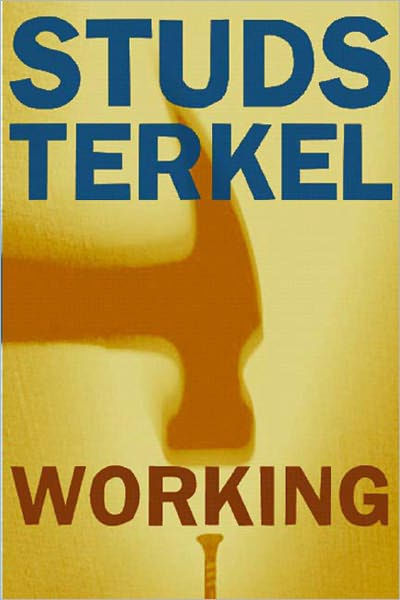
This classic oral history book features interviews with over 100 workers from various occupations and industries. Terkel explores the meaning, satisfaction, and challenges of work in modern society. He gives a voice to the ordinary men and women who make up the backbone of the American economy who talk about their hopes, dreams, frustrations, and joys.
The Unwomanly Face of War by Svetlana Alexievich
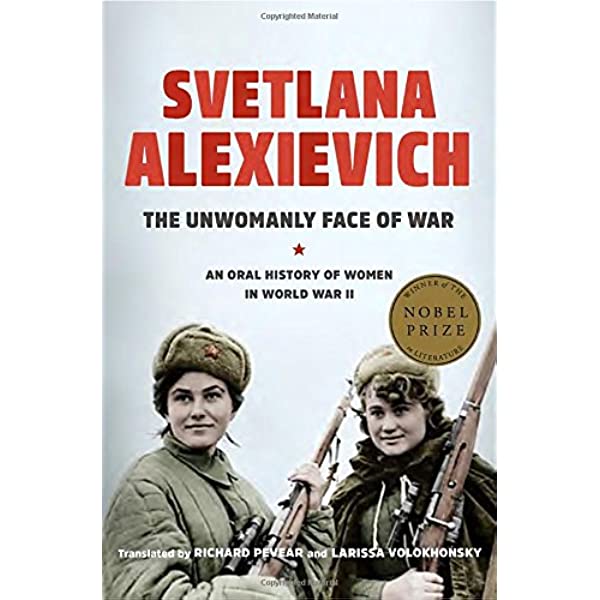
This book is a powerful and moving oral history of women who fought in the Soviet army during World War II. Alexievich interviewed hundreds of female veterans who shared their stories of courage, sacrifice, love, and loss. She reveals the hidden and often ignored role of women in war, as well as the lasting trauma they endured. Alexievich won the Nobel Prize for Literature in 2015 for her oral history works.
The Art of War by Sun Tzu
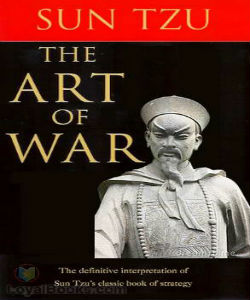
This book is not an oral history per se, but it is based on ancient Chinese military traditions and oral teachings. It is a collection of aphorisms and advice on strategy, tactics, leadership, and warfare. It has influenced generations of military leaders, politicians, businesspeople, and thinkers around the world. It is a timeless and universal guide to success and survival in any situation.
The Body: A Guide for Occupants by Bill Bryson
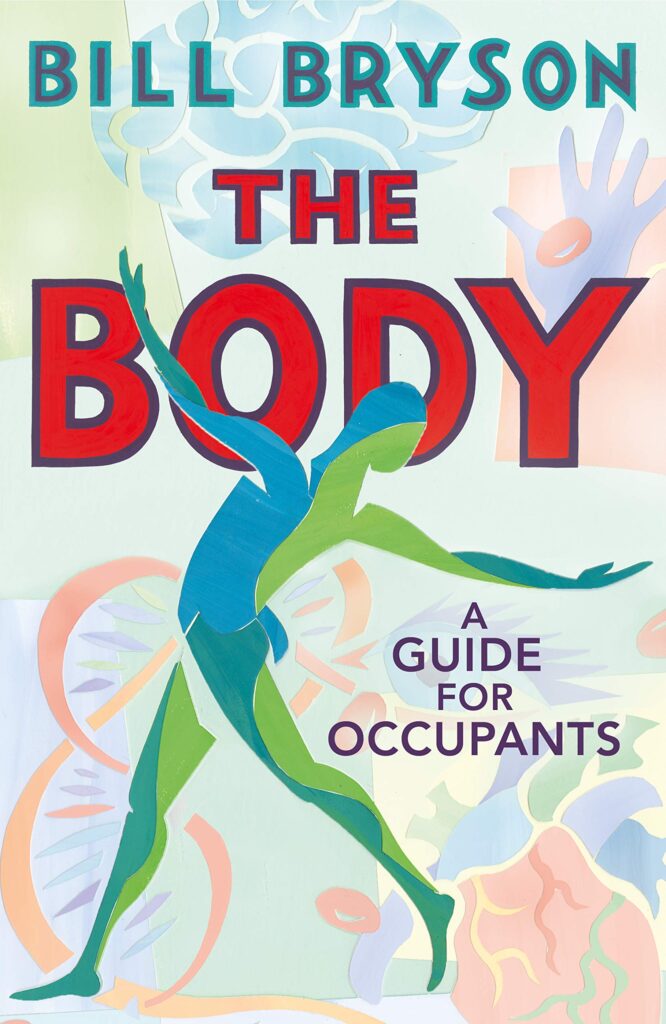
This book is a fascinating and humorous exploration of the human body and its functions. Bryson interviews experts from various fields of medicine, biology, anatomy, physiology, and history to explain how our bodies work and why they matter. He covers topics such as cells, organs, systems, diseases, aging, genetics, and more. He also shares stories and anecdotes about the body’s wonders and mysteries. This book will make you appreciate your body more than ever before.
Voices from Chernobyl: The Oral History of a Nuclear Disaster by Svetlana Alexievich
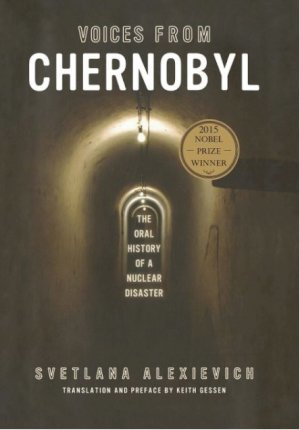
You’ve probably heard of the Chernobyl disaster of 1986. Well, this book is a haunting and heartbreaking oral history of the Chernobyl nuclear accident in 1986. Alexievich interviewed survivors, witnesses, rescuers, doctors, soldiers, scientists, politicians, and journalists who were affected by the disaster. She reveals the human cost and consequences of one of the worst environmental catastrophes in history. She also exposes the lies, cover-ups, and propaganda that surrounded the event. This book won the National Book Critics Circle Award for General Nonfiction in 2005.
These are some great reads if you’re looking to read up on some oral history. I mean to be fair, there are a lot of great oral history reads out there to exhaust in one blog post. For this blog I’ve covered just a few of my favorite from the larger pool that exists. I believe these books listed with a short review to go with them, will enrich your knowledge, broaden your perspective, and touch your emotions with their authentic and compelling stories.
We’ve reached the end of this blog post, but the journey doesn’t have to stop here! Whether you devour content daily, savor it weekly, or gather with fellow bookworms, there’s more to explore. Dive into captivating stories from the past with our blog post on must-listen oral history podcasts
Kindly feel free to reach out with any questions, or any oral history transcription needs you may have. And remember, always be kind try to stay positive and learn to unwind.